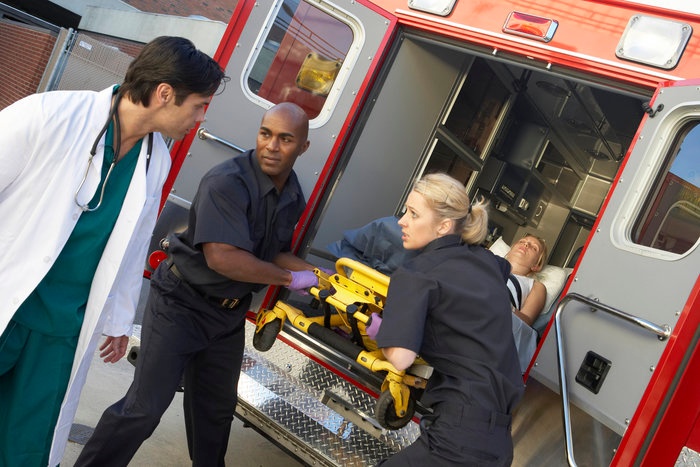
The rookie showed up at the station, gear in hand, to begin his first shift on the rescue. Fresh out of paramedic school, he was ready for action, his pockets stuffed with gadgets, his gear shiny and new. As a seasoned medic, what kind of advice would you give him? How about starting with teamwork?
Emergency response is all about teamwork. Think how little would get done if there were no coordination on emergency scenes. Even the most proficient teamwork is futile if no one knows his or her role. Fire departments have standard operating procedures, which direct the course of action on the fireground. EMS personnel have protocols that guide patient treatment. Let’s face it: Emergency scenes run smoothly through well-thought-out strategies.
Before the Call
When it comes to the use of a portable suction unit, it’s a good idea to place someone in charge, even before you make it on scene. This accomplishes a few things:
- Checking the unit: By assigning the checkout of your portable suction unit (say, to whomever checks the airway bag), it ensures the checkout will not be overlooked.
- By ensuring that the unit has been checked, you will prevent mishaps like dead batteries, missing equipment (catheters!), and contaminated fittings.
- Grab the unit! Place the suction unit next to the airway bag on the truck so that when you grab one, you grab the other.
On Scene
Partners, especially those who have worked together for a while, typically divide tasks on emergency scenes. Sometimes, these tasks are divided based on strengths. When encountering a difficult airway, it’s better to let the medic with the most experience and better success rate take the lead in intubation.
Have a discussion with the members of your team. Divide up the tasks on emergency scenes so that the scene runs smoothly and all tasks are accomplished. Perhaps whoever is not in charge of the airway can oversee use of the suction unit. That way, the individual handling the unit can assist the person intubating by keeping the airway clear. The assignments can switch off each shift or every other call. Consensus can dictate which pattern your team follows.
After the Call
Be sure someone takes the lead in cleaning the portable suction unit after each use. Units are easily contaminated by blood, sputum, and tissue, so thoroughly decontaminate them after every call. NEVER reuse disposable items (catheters, tubing) and be sure to clean all surfaces, inside and out, for the safety of you and your patients.
Smooth calls rely on good teamwork. So, formulate a plan and stick to it. Your calls will run more smoothly, and your patients will reap the benefits.














